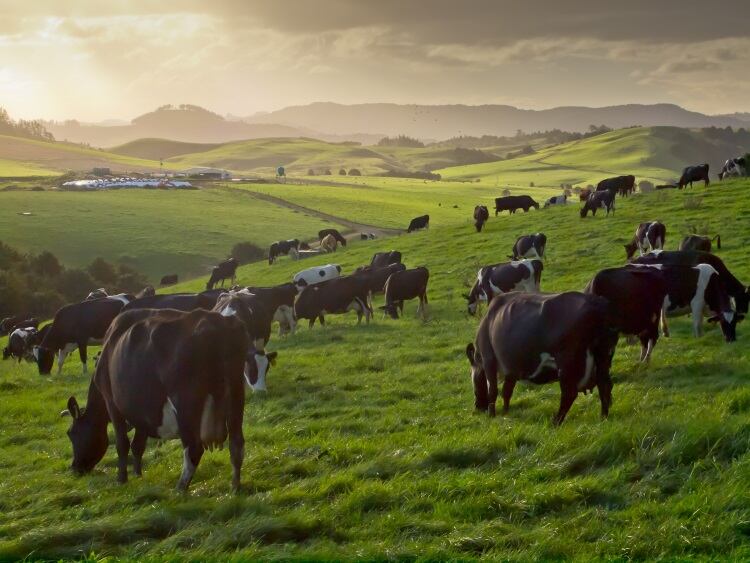Minister for Climate Change James Shaw has asked the independent Climate Change Commission to review New Zealand’s Nationally Determined Contribution (NDC) under the Paris Agreement.
The purpose of the review is to ensure the NDC is consistent with the goal, unanimously agreed by Parliament last year, of limiting global warming to 1.5˚C above pre‑industrial levels.
Currently, New Zealand has committed to reducing greenhouse gas emissions to 30% below 2005 levels by 2030 under the Paris Agreement. However new research has recently come to light about the level of emissions that are produced by the country’s livestock sector.
“Now the Climate Change Commission can advise on whether what we have committed to internationally is sufficient. If they conclude that there is more we need to do, the Commission will provide recommendations on how best to align our international targets with the Paris temperature goal. This will ensure we are playing our part globally,” Minister Shaw said.
Shaw added that he is expecting the CCC to talk with a wide range of people, including iwi/hapū/Māori, industry, technical experts, special interest groups, and sector leaders, to inform its review.
Beef + Lamb New Zealand (B+LNZ) welcomed Shaw’s request to the CCC.
“The Climate Change Commission is best placed to ensure there’s consistency between New Zealand’s international and domestic targets, and to provide scientifically-sound, depoliticised advice to the Government. We support Minister Shaw’s request to the Commission,” said B+LNZ’s environment policy manager Dylan Muggeridge. “The Government took a world leading split-gas approach to the Zero Carbon Act and we ask that the Commission consider if New Zealand’s international target should be recommunicated as a split-gas target.”
B+LNZ has also expressed positivity that the Minister asked the Commission to take a specific look at the reductions required from biogenic methane emissions. While B+LNZ supported the ground-breaking split-gas approach taken in the Zero Carbon Act, there are still issues with New Zealand’s methane targets not being in line with the latest science.
“Sheep and beef farmers are absolutely committed to playing their part in responding to climate change,” said Muggeridge. “Beef + Lamb New Zealand ultimately wants to ensure that the targets set in legislation support delivering absolute reductions of greenhouse gas emissions, in particular fossil fuel emissions, in order to meet New Zealand’s international commitments. This needs to be done in a way that supports the wellbeing of New Zealand and all New Zealanders, including those contributing to our food production sector and our rural communities.
“With the Commission having essentially been provided with a clean sheet to examine the latest available scientific evidence on biogenic methane and to reflect New Zealand’s circumstances when providing this advice, we’re looking forward to their consideration of new and more accurate methodologies for calculating the global warming potential (GWP) of methane through the University of Oxford’s GWP.”
B+LNZ urged Minister Shaw to request a formal review of the Zero Carbon Act targets as allowed under the act. “Our farmers want certainty,” added Muggeridge. “They need any targets and policies to be informed by the most up-to-date science available to provide them with this certainty. We’ve already seen in recent weeks that a new and more accurate way of measuring nitrous oxide emissions for sheep, beef cattle and dairy cows on hill country has led to a significant reduction in those emissions which illustrates how important using the latest and most accurate science available is.”



